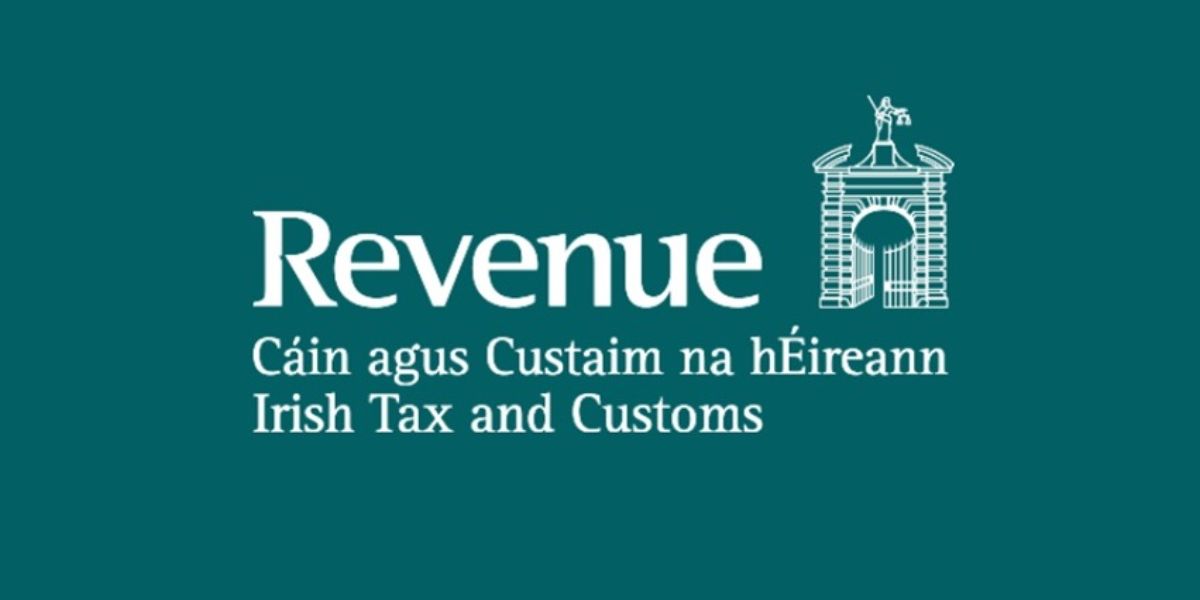On 10 October 2023, Mr. Michael McGrath, the Minister for Finance of Ireland presented the 2024 Budget to the Parliament. The main tax measures proposed in the 2024 Budget include:
OECD Pillar Two
The Minister announced that the upcoming Finance Bill 2024, set for release this month, will include legislation to enforce the 15% minimum effective tax rate for large companies as per the OECD Pillar Two agreement. Additionally, it will transpose the EU minimum tax directive into domestic legislation.
Personal Income Tax
An increase of €2,000 in the income tax standard rate band cut-off point for all earners:
- Single, widowed or surviving civil partner from €40,000 to €42,000;
- Single, widowed or surviving civil partners, qualifying for the Single Person Child Carer Credit from €44,000 to €46,000;
- Married couples or civil partners (one income) from €49,000 to €51,000;
- Married couples or civil partners (two incomes) from €49,000 to €51,000 (with an increase of €33,000 max11).
The government is also adjusting the income tax credits, with Budget 2024 providing for the following changes:
- An increase of €100 in the Personal Tax Credit from €1,775 to €1,875;
- An increase of €100 in the Employee Tax Credit from €1,775 to €1,875;
- An increase of €100 in the Earned Income Credit from €1,775 to €1,875;
- An increase of €100 in the Home Carer Tax Credit from €1,700 to €1,800;
- An increase of €100 in the Single Person Child Carer Tax Credit from €1,650 to €1,750;
- An increase of €200 in the Incapacitated Child Tax Credit from €3,300 to €3,500;
R&D Tax Credit
The Research and Development (R&D) tax credit provides a 25% tax credit for qualifying R&D expenditure. The rate is being increased from 25% to 30% in respect of 2024 expenditure, for which claims will be filed in 2025.
The first-year payment threshold allows for a claim up to the threshold amount to be paid in full in year 1, rather than over three years. The current threshold of €25,000 is being increased to €50,000.
Capital Gains Tax Angel Investor Relief
A new relief program is being introduced to encourage angel investments in innovative start-ups. To qualify, individuals must invest at least €10,000 in newly issued shares (5-49% of the company) in innovative SMEs. Enterprise Ireland will certify eligible companies. Qualified investors can get a reduced Capital Gains Tax (CGT) rate of 16% (or 18% through partnerships) on gains up to twice their initial investment, with a lifetime limit of €3 million. Further details will be outlined in the Finance Bill.
Bank Levy
A revised bank levy is being introduced for 2024. It will apply to those banks that received financial assistance from the State during the banking crisis, (AIB, EBS, Bank of Ireland and PTSB). It will have a revenue target of €200 million.
Indirect Tax
- The 9% VAT rate on gas and electricity is extended for 12 more months;
- VAT registration thresholds for services and goods increase to €40,000 and €80,000, respectively, from January 1, 2024;
- From January 1, 2024, a 0% VAT rate applies to solar panel supply and installation, as well as audiobooks and eBooks;
- Funds for the Charity VAT Compensation Scheme increase from €5 million to €10 million;
- The Revenue Commissioners will seek public input on modernizing Ireland’s VAT invoicing and reporting using digital advances;
- Vehicle registration tax relief for electric vehicles continues until the end of 2025;
- Excise duty on a pack of 20 cigarettes increases by 75 cents (including VAT) from October 10, 2023. A tax on e-cigarettes and vaping products will be introduced in the next budget.














